Stories
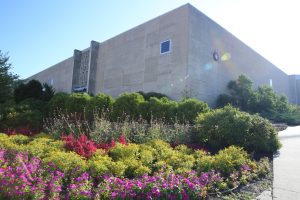
Jan. 27, 2022
CAFNR Joy of Discovery Seed Grant Program Winners Announced
The first batch of proposals funded by CAFNR's Joy of Discovery Seed Grant Program has been announced. The Joy of Discovery Seed Grant Program supports nascent, collaborative, multi transdisciplinary research with the goal of developing a competitive proposal for federal funding.
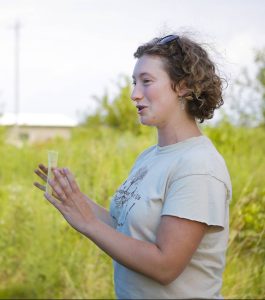
Jan. 24, 2022
Hannah Hemmelgarn Wins AFTA’s 2021 Early Career Award
Hannah Hemmelgarn, assistant program director in the Center for Agroforestry, received the 2021 Early Career Award from the Association for Temperate Agroforestry.

Dec. 22, 2021
Interdisciplinary Plant Group Celebrates 40th Year
Established in 1981, the Interdisciplinary Plant Group (IPG) celebrated its 40th anniversary in 2021. The IPG is a community of University of Missouri (MU) faculty, graduate students, postdoctoral fellows and professionals pursuing transformative ideas in the field of plant biology. The group seeks to encourage cooperation between scientists engaged in plant molecular biology, physiology, biochemistry, genetics, biotechnology, evolution, ecology and computer science. Doug Randall (center), founding director of IPG, was part of IPG from the beginning. In the early 1970s, MU plant biologists already had a loose association for seminars and to share resources. In 1981 the group received the…

Dec. 15, 2021
An Untapped Industry
Maple syrup production is most known in the Northeastern United States, but is there a potential maple industry in the lower Midwest? Hannah Hemmelgarn, assistant program director of the Center for Agroforestry, recently received a grant totaling $473,481 for the project, Putting Maple on the Map in the Lower Midwest, to explore just that.

Dec. 15, 2021
Potential for a Warmer Winter
Tony Lupo, a professor of atmospheric science in the University of Missouri College of Agriculture, Food and Natural Resources (CAFNR), said this past fall – the months of September, October and November – was the sixth warmest in Missouri since the state began keeping records in 1889.

Dec. 2, 2021
Taking Risk
Measuring financial risk tolerance is not always simple as many over or underestimate their true risk tolerance. What does this mean for investors and financial planners? That’s where the research of University of Missouri professor is coming in. Abed Rabbani teaches undergraduate and graduate level courses in PFP. He also performs research focusing on risk tolerance and risk literacy. Abed Rabbani, assistant professor in personal financial planning (PFP), teaches undergraduate and graduate courses in the department, along with performing research in risk tolerance. “Risk management is a broad topic,” said Rabbani. “My specific area focuses on the measurement of risk…
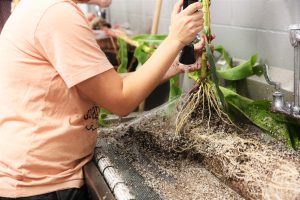
Nov. 29, 2021
Sparking an Interest in Research
FRIPS Program allows first-year students an opportunity to get a first-hand look at plant research at MU.
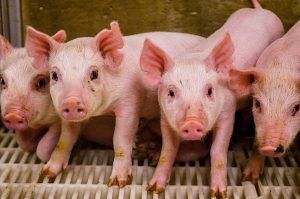
Nov. 4, 2021
Groundbreaking Work
Randy Prather, Curators' Distinguished Professor in Animal Sciences, speaks about the latest pig kidney breakthrough.

Nov. 3, 2021
A Big Plan for a Small Berry
Andrew Thomas has big plans for a small berry. Thomas, research assistant professor in the Division of Plant Science and Technology in the College of Agriculture, Food and Natural Resources at the University of Missouri, has received a Specialty Crop Research Initiative (SCRI) grant from the U.S. Department of Agriculture for the project Moving American Elderberry into Mainstream Production and Processing. The award is for $5,345,255 over a four-year period. Elderberry is a native plant found all over the Midwest and eastern United States. Thomas, who has conducted elderberry research for 24 years at CAFNR’s Southwest Research, Extension and Education…
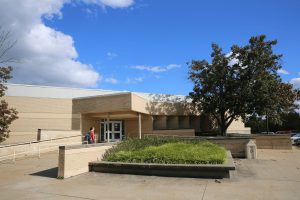
Nov. 2, 2021
Building Staying Power
Mobile meat processing training centers will address labor shortages within meat processing industry.